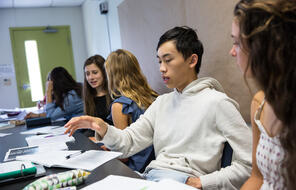Resource Library
Find compelling classroom resources, learn new teaching methods, meet standards, and make a difference in the lives of your students.
We are grateful to The Hammer Family Foundation for supporting the development of our on-demand learning and teaching resources.

Introducing Our US History Curriculum Collection
Draw from this flexible curriculum collection as you plan any middle or high school US history course. Featuring units, C3-style inquiries, and case studies, the collection will help you explore themes of democracy and freedom with your students throughout the year.
3282 Results
Developing Media Literacy for Well-being, Relationships and Democracy
Teach students about media literacy, helping them develop as critical consumers and creators of information, in order to support their well-being, their relationships and our democracy.
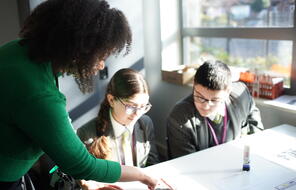
From Fitting In to Belonging: Understanding the Forces That Shape Belonging
Designed for students in grades 7 and 8, this text set includes lesson plans and multi-genre texts for a two-week unit exploring the essential questions, “What are the forces that shape belonging? How can we reduce barriers to belonging for ourselves and others?”
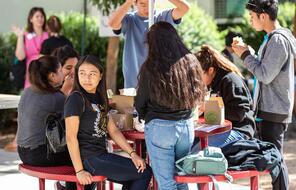
Teaching about Hate Crimes and Their Impacts
This unit helps students understand what hate crimes are, the ways they impact individuals and communities, and what people can do to foster belonging and counteract hate.
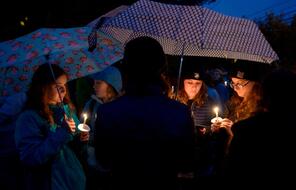
Being Seen: Becoming Who You Want to Be
Designed for students in grades 6-7, this text set includes lesson plans and multi-genre texts for a two-week unit exploring the essential question “How do we become who we want to be in the world?”
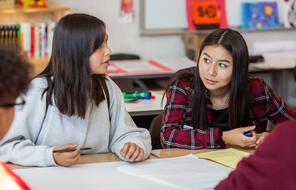
Mood Meter
This mood meter activity develops students’ vocabulary for describing their feelings and their empathy muscles.
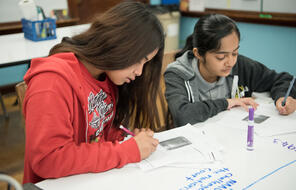
Three Good Things
Students practice gratitude by naming and recording three good things that have happened that day.

Slow Down with The Slowdown
Students use poetry as a spark for reflection and discussion about what’s happening in their lives and the world.
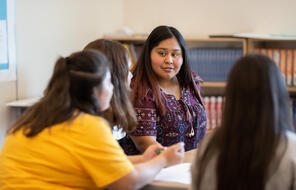
Take a Stand
Students practice debate and perspective taking by taking a stand on a controversial statement.
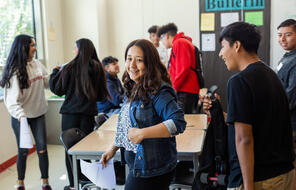
Appreciation, Apology, Aha
Students reflect on the day by asking them to share an appreciation, an apology, and an “aha” moment.
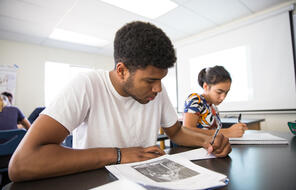
Closing Challenge
Students identify one personal or academic goal that they would like to commit to in the week ahead.
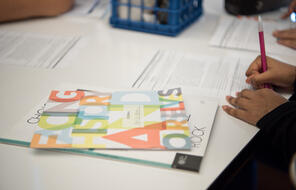
Language and Identity
Explore how language and culture shape identity, and learn about the challenges faced by the Indigenous Peoples of Canada to preserve their traditional identity.


